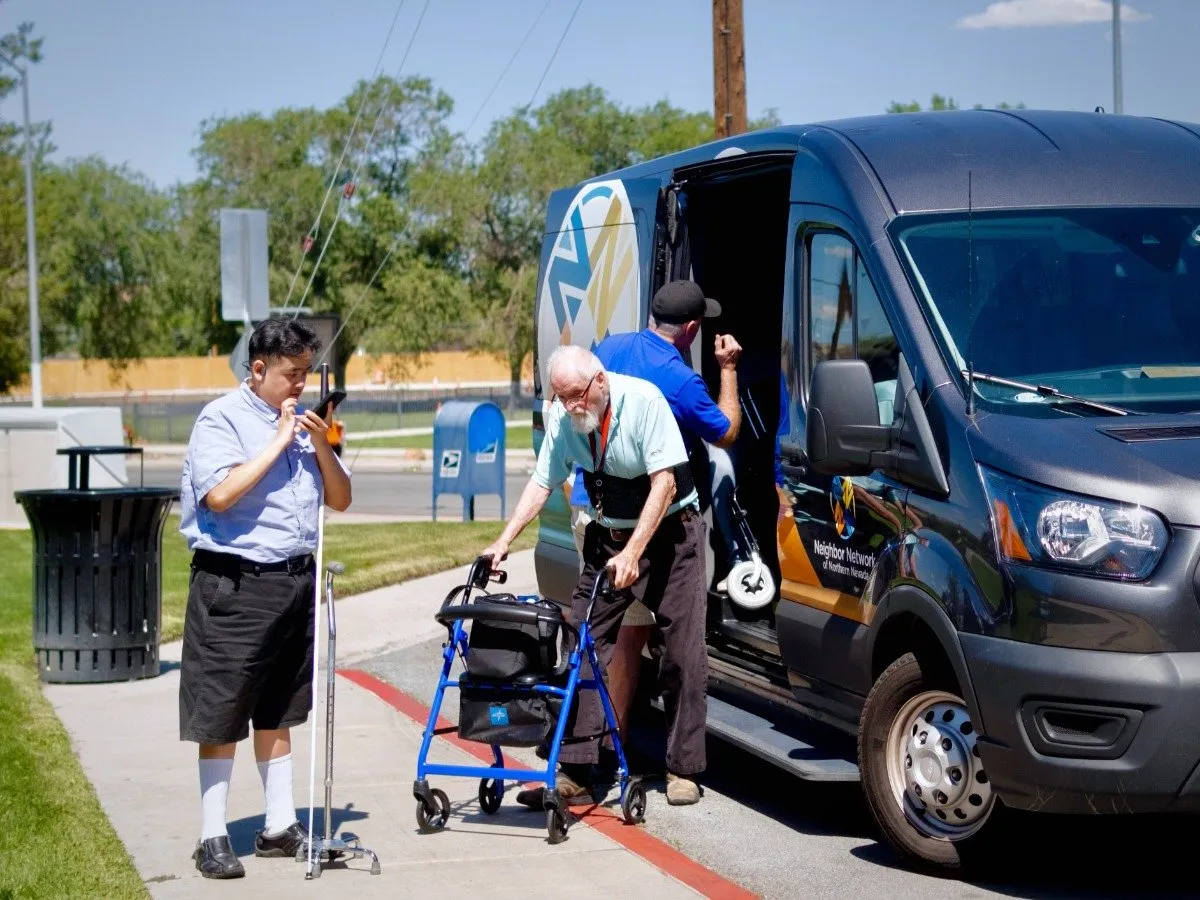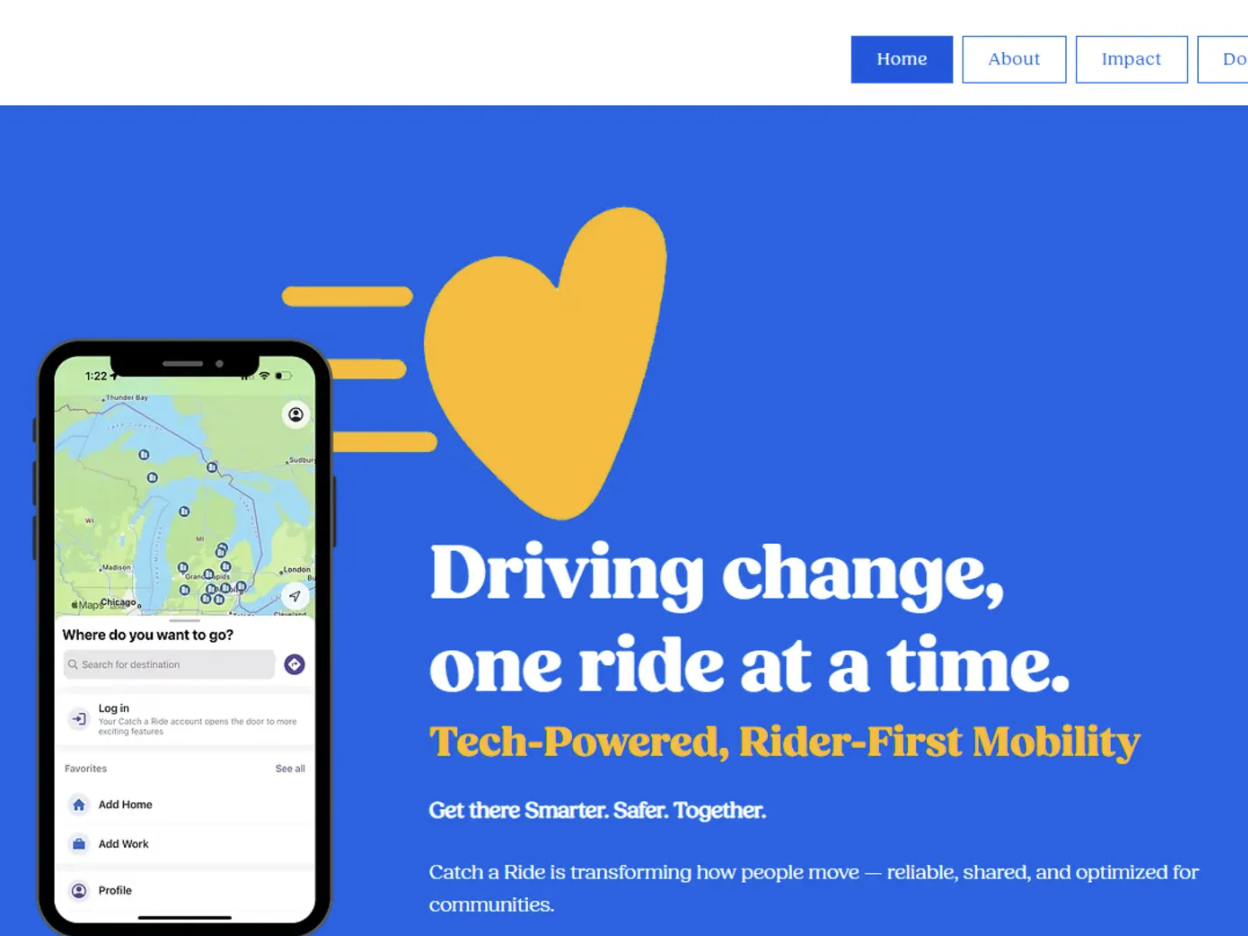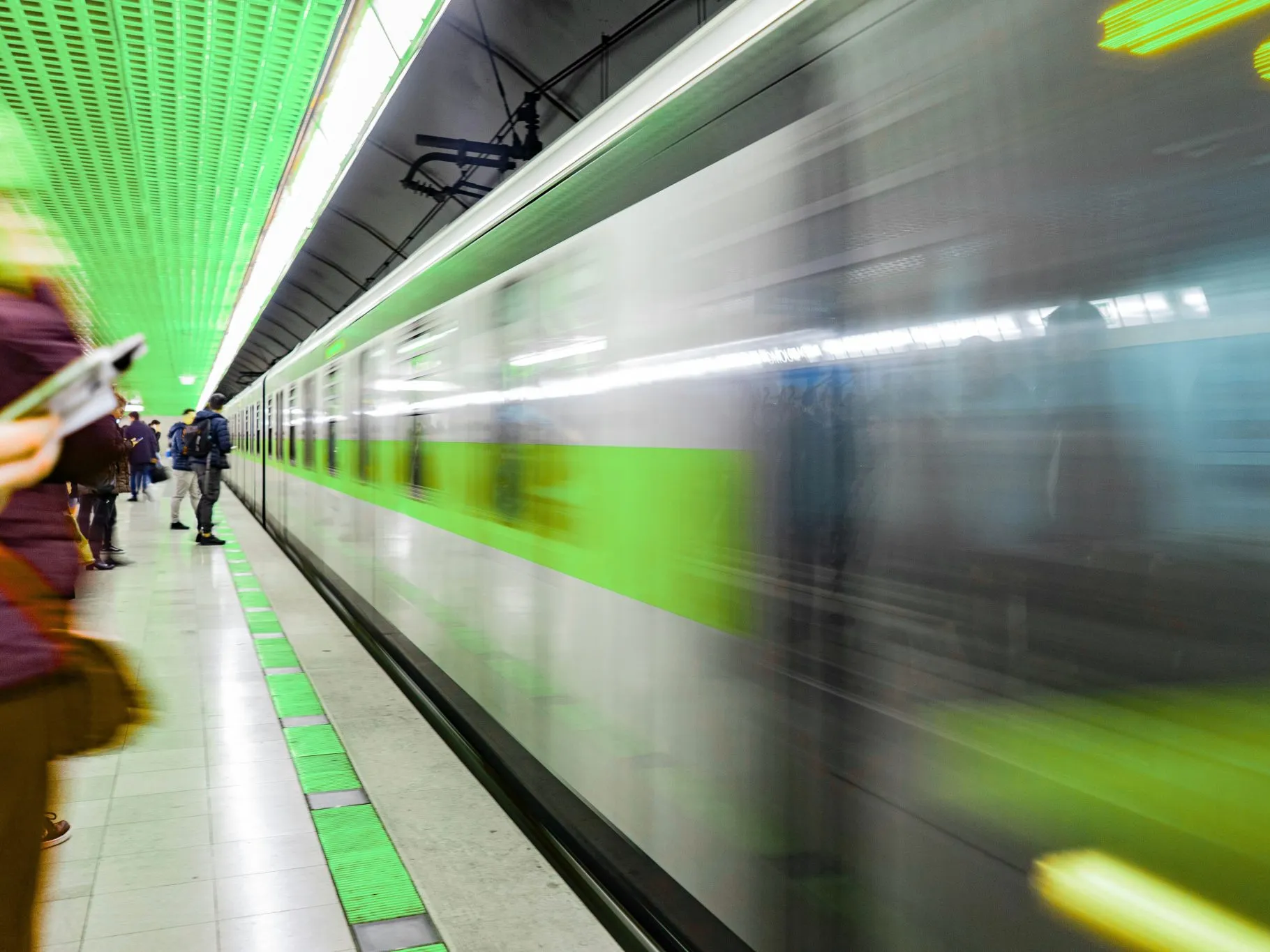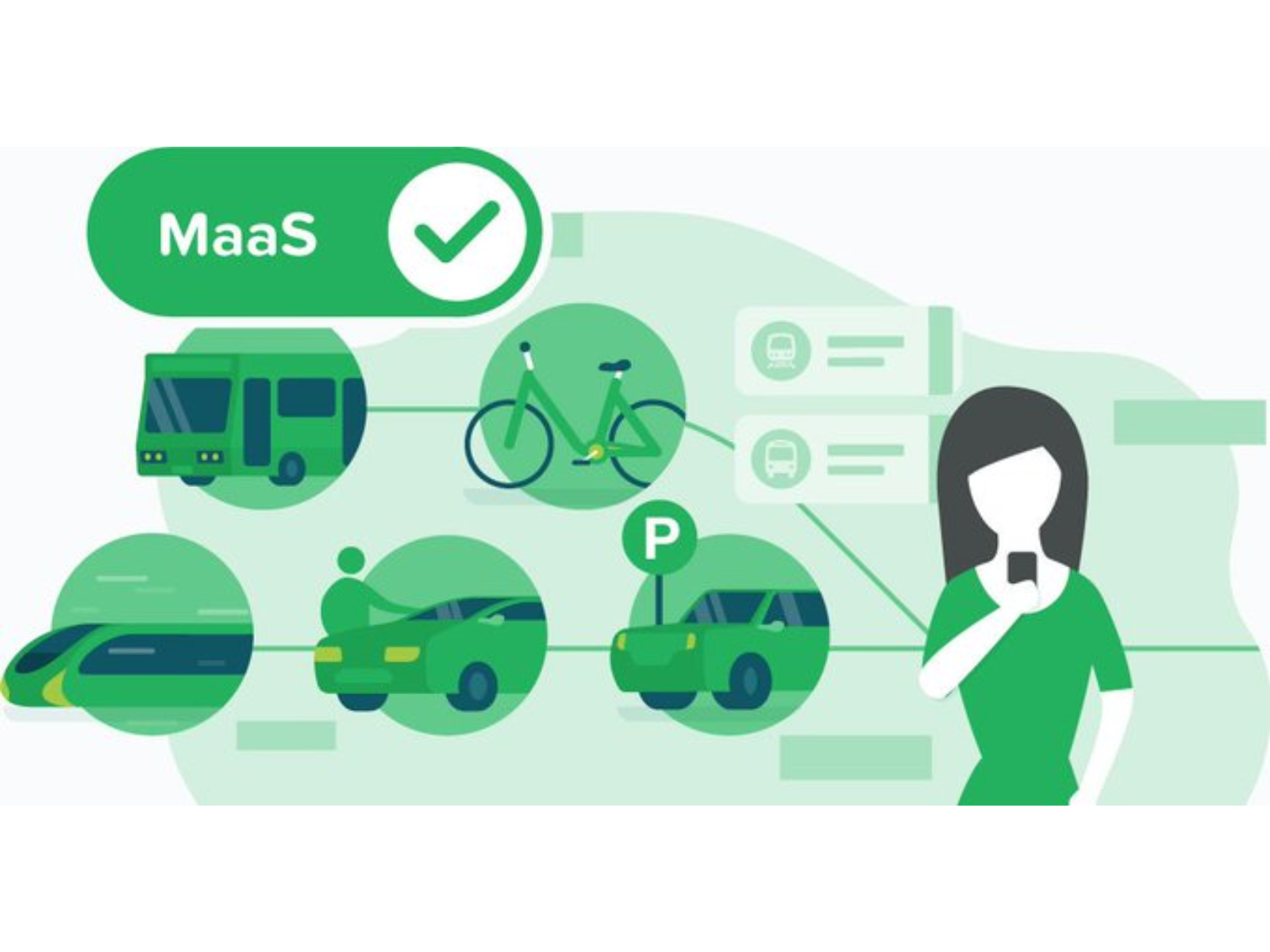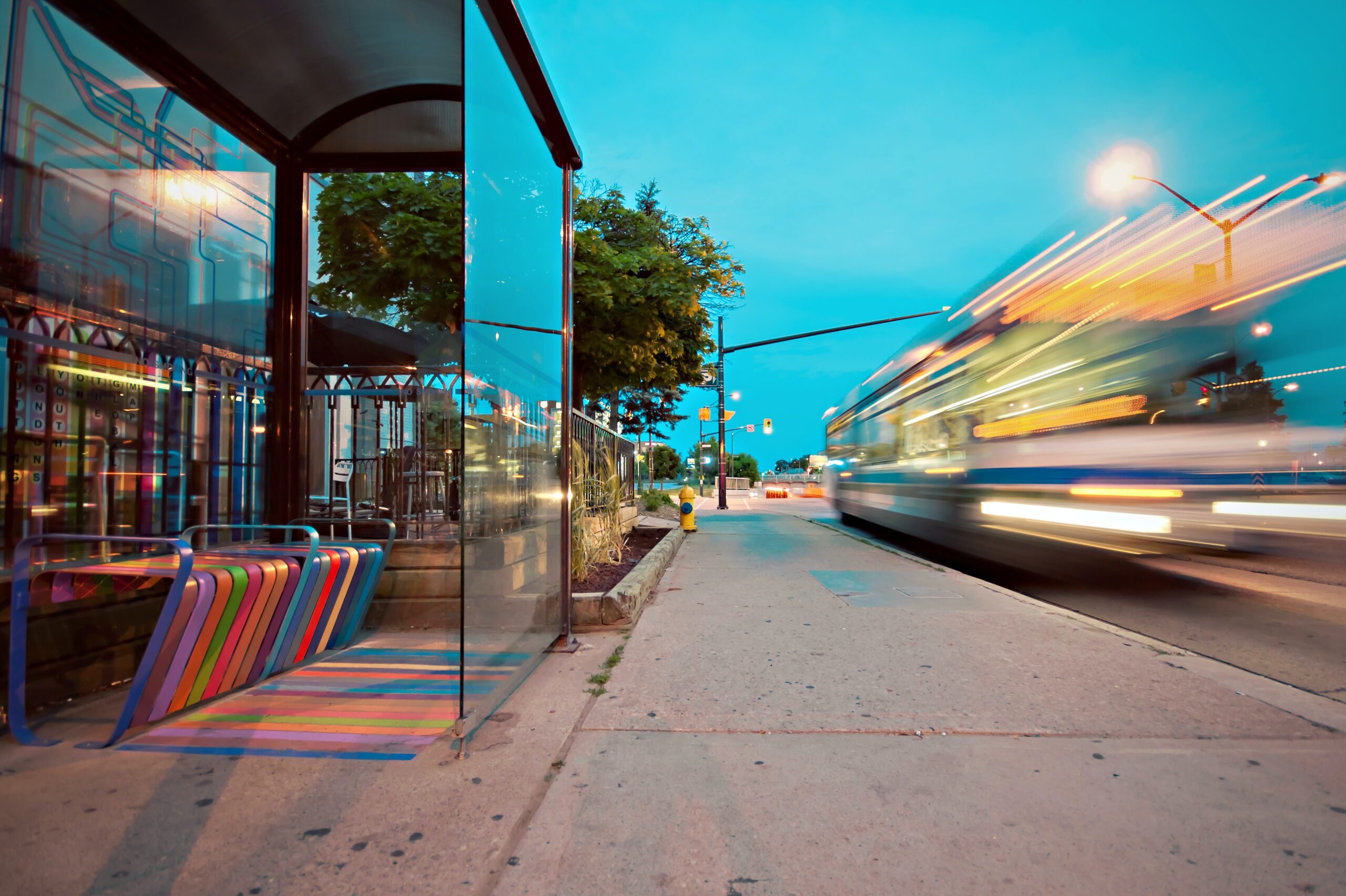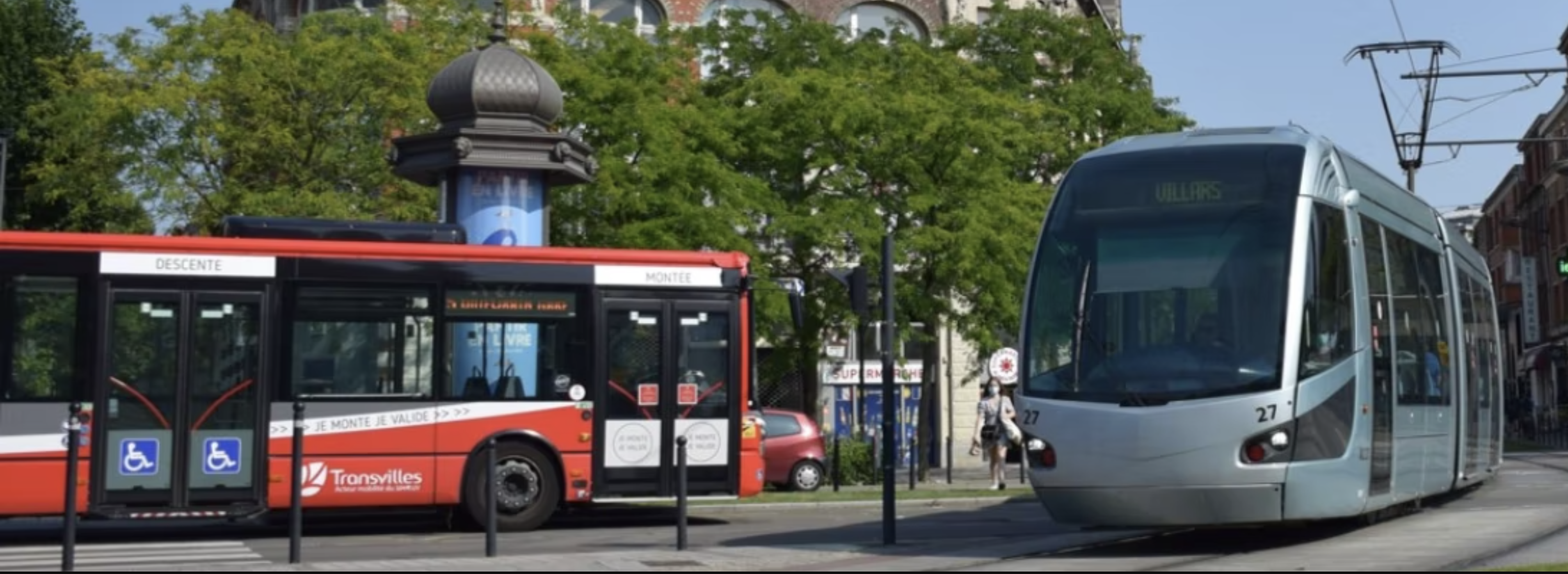World Tourism Day is set to take place on Tuesday 27th September 2022 and will be hosted in Indonesia.
The theme this year: ‘Rethinking Tourism’. It provides a much-needed opportunity to reflect on how tourism can be more sustainable, inclusive and resilient. It comes at a poignant time.
As more people travel following the pandemic there is, once again, an increased burden on our environment from transportation. A return to poor air quality and congestion is something that no one wants to see. But how do we move to a world where sustainable transport is an integral part of future tourism? And what role can MaaS play in that process?

The Impact of Tourism
For many countries, tourism is an important part of the economy. It can promote culture and heritage, bring economic wealth, along with the creation of thousands of jobs. Infrastructure development and connecting communities are just a few of the other potential benefits. Even in the current economic climate, many people would sooner cut back elsewhere rather than forgo vacations. However, there is a price to pay.
Mass tourism in its current form is unsustainable. Damage to the environment includes increased pollution, a negative impact on biodiversity and depletion of resources. Emissions from air travel are particularly detrimental. Even vacations at home usually involve travelling by car with caravans and motorhomes also being popular choices. Too much tourism can, in effect, cancel out the benefits and disrupt local communities. We only have to look to places such as Cornwall in the UK, Barcelona in Spain and elsewhere to see the negative impact.
A Complex Challenge
The challenges of tourism are complex and multifaceted and transport plays a huge part given it’s one of the largest sources of carbon emissions. There’s no doubt that travel behaviours need to change to help alleviate the environmental impact of tourism.
This starts with responsible practices. In its latest report, The World Travel and Tourism Council outlines that well-managed tourism and travel can reconnect people with nature, protect wildlife and lead the way in what it terms a ‘Nature Positive’ future. A new Post-2020 Global Biodiversity Framework is also being developed, which governments will conclude later this year in Canada.
Many countries around the globe have committed to the UN Sustainable Development Goals too. It highlights the challenge ahead. A challenge which requires everyone in tourism and travel to play their role in fostering positive change. This includes taking a collaborative approach to promote sustainable tourism and to advocate for policy and legislation that supports this cause.
By fully educating itself on the environmental impact of every facet of mobility, the transport sector can ensure that the most responsible policies and practices are put into place. Educating cities, businesses and tourists on responsible tourism is also imperative so they remain good stewards of the environment. This includes embedding sustainable practices within business operations and more broadly to consider how people will move around sustainably during their stay.
Better Transport Choices
This requires better transport options that are clearly promoted. When tourists visit a region they’re often unaware of the modes available to them, opting for taxis and ride hailing to navigate unfamiliar places. This is where frameworks such as Mobility-as-a-service (MaaS) can be particularly useful. It allows governments to integrate every part of the mobility experience and support bigger societal goals such as sustainability.
Smartphone applications can be developed with the ability to plan, book and pay for trips, choosing from a range of transport options and combinations. At the same time, it can provide details of CO2 levels for trips to help visitors understand the environmental impact of their transport choices. More sustainable modes can be prioritised, opening up options that visitors may not have previously considered.
By applying smart technologies, the tourism and travel industry can help visitors to make more sustainable decisions. It can also incentivize them to select certain modes through rewards that can be accessed via an app or website. These rewards could be financial in nature, such as money off at local businesses or other outlets that benefit the community. Equally, gamification could help environmentally conscious tourists to measure how they’re progressing on their sustainability journey.
A Joined-Up Approach
The opportunities don’t stop there. Apps can support the visitor experience at special events, similar to SkedGo’s Rio Olympics solution. Integrating sightseeing activities, accommodation and restaurants with mixed/multimodal features that favour micromobility, public/shared transport and active travel can all form part of the experience. It can help visitors experience everything a destination has to offer while keeping carbon emissions to a minimum.
The key is to take a more joined-up approach to tourism and travel. One where the industry can ensure better use of mobility resources and where visitors can take an active role in making more sustainable transport choices. This allows everyone to contribute to responsible tourism and respect the communities and cultures they’re there to enjoy.
If you would like to find out how MaaS could support your community, city or region, please get in touch with our team.
This article was originally published by SkedGo.



